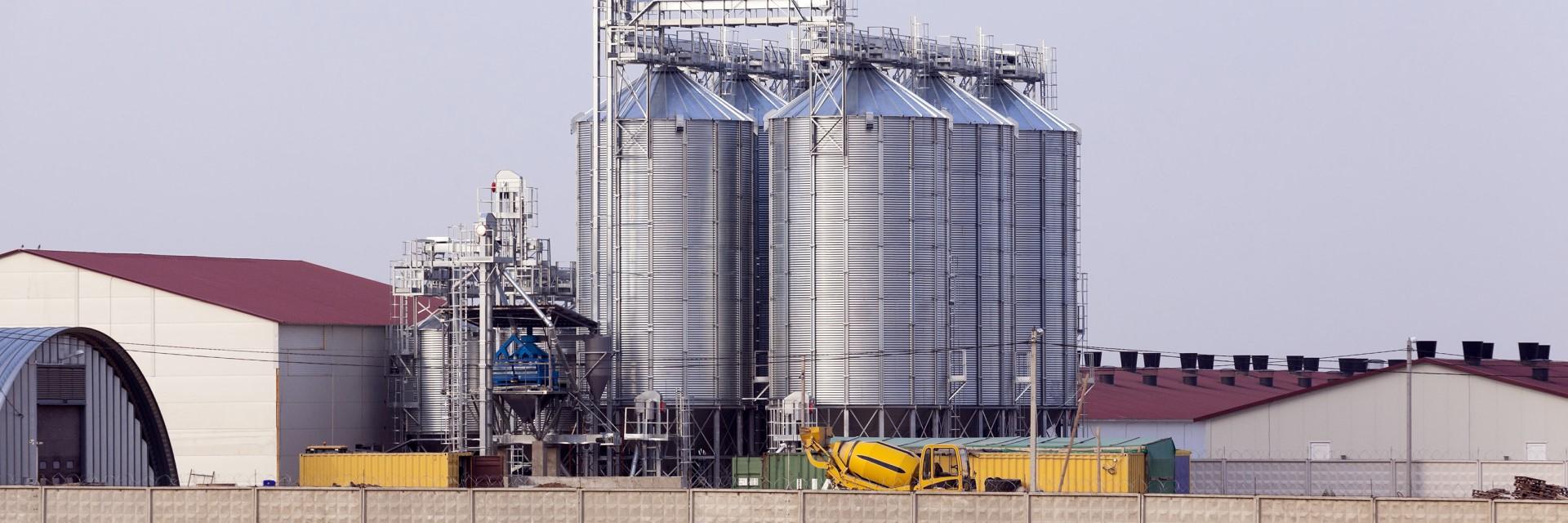Abidjan, Côte d’Ivoire, 15 August 2025 (ECA) – In a move to strengthen regional trade and agricultural development, stakeholders from Côte d’Ivoire and Ghana gathered to review a draft assessment report on cross-border cocoa and rice value chains. The initiative, spearheaded by the United Nations Economic Commission for Africa (ECA) in collaboration with the African Union Commission (AUC) and ECOWAS, aims to enhance diversification, value addition, and intra-African trade under the African Continental Free Trade Area (AfCFTA).
The initiative is being implemented under the framework of Strengthening Member State capacity to develop Regional Agricultural Value Chains to promote Diversification and Intra-African Trade and also aims to enhance political will and strengthen the capacity of Member States to apply the AU Guidelines for the Development of Regional Agricultural Value Chains in Africa, under the auspicious of the AU-led Common African Agro-Parks (CAAPs) programme.
The decision to identify and integrate additional staple commodities into the Cote d’Ivoire-Ghana Common Agro-industrial park will shape the agro-park’s diversification strategy, strengthen its bankability, and ensure it responds to the broader food security, trade, and climate resilience needs of the two countries, said Ms. Janet Edeme Head of the Rural Development Division/Acting Head of the Agriculture and Food Security Division of the African Union Commission.
According to Ms. Edeme, CAAPs is a flagship initiative of the African Union and stands as one of the most ambitious pillars of Agenda 2063. It is designed to structurally transform our agricultural economies through integrated, cross-border agro-industrial ecosystems.
She noted that the commencement of the pre-feasibility study for the CAAPs marks the first technical step towards creating a bankable investment case for the common agro-park envisaged between Cote d’Ivoire and Ghana. In addition, the CAAPs Green Climate Fund (GCF) process, which is underway will prepare a dedicated climate-resilient investment package for Côte d’Ivoire and Ghana, positioning the two countries to access substantial climate finance and catalyse private sector investment.
Ms Edeme called on all stakeholders—public and private, national and regional—to give their full political, technical, and financial commitment to this initiative to ensure that the Cote d’Ivoire-Ghana common agro-industrial park becomes a model for cross-border industrial cooperation, a driver of climate-smart agricultural transformation, and a source of dignity and prosperity for millions of our farmers, processors, and traders.
Joan Kagwanja, Chief of the Land and Agriculture Section at the ECA, underscored the transformative potential of the AfCFTA in her opening remarks. Adopted in 2018 and operational since 2021, the AfCFTA is one of the world’s largest free trade zones, covering a market of 1.2 billion people projected to reach 2.5 billion by 2050.
“The AfCFTA is not just a trade agreement—it’s a tool to dismantle colonial borders, drive sustainable development, and realize the AU’s Agenda 2063,” Kagwanja stated. She emphasized that regional agricultural value chains are critical to achieving food security and economic transformation across the continent.
The ECA, in partnership with the AUC, has developed Guidelines for the Development of Regional Agricultural Value Chains in Africa, endorsed by the AU in 2019. These guidelines provide a framework for policymakers to promote sustainable agricultural growth and intra-African trade.
As part of this effort, ECA launched a pilot project in Zambia and Zimbabwe focusing on maize and dairy value chains. The initiative has now expanded to Côte d’Ivoire and Ghana, targeting two strategic commodities: cocoa (a key export crop) and rice (a vital staple food).
Discussions focused on the first phase of this initiative - assessing the challenges, constraints and opportunities for developing cross-border value chains for cocoa and rice. They also identified and evaluated bottlenecks and gaps in the existing governing policy, regulatory and institutional frameworks. The outcomes of the workshop will inform a pre-feasibility assessment for a proposed Common Agro-Industrial Park (CAAP) between the two West African nations. Such a park would boost agro-processing, reduce post-harvest losses, and enhance cross-border trade.
“Developing efficient cocoa and rice value chains between Côte d’Ivoire and Ghana will not only increase intra-regional trade but also foster collaboration among policymakers, industries, and academia,” Kagwanja noted.
For his part, Abdoulaye Zonon, Coordinator of the ECOWAS Community Development Program (CDP) expressed the support of ECOWAS to this initiative, which is part of the efforts of the Commission to strengthen cross-border cooperation and industrial development in West Africa. ECOWAS has recently reviewed its industrial regional policy, with the agro-processing sector among the prioritised sectors.
Mr. Esse Rodrigue, Director of Production and Industrial Competitiveness, underscored the government’s commitment to prioritising the development of value chains as a building block for achieving the national development plan 2020-2025, which has prioritised seven clusters to promote industrial development, including the agro-processing sector. The second phase of this initiative includes capacity-building activities, reforms, and initiatives aimed at promoting cross-border value chains and agro-parks between Côte d’Ivoire and Ghana.
Also present at the meeting was Diabate Inza (Côte d’Ivoire’s Ministry of Trade); ZONON Abdoulaye from ECOWAS), reinforcing the program’s role in regional economic integration.
The final report will guide policymakers in implementing actionable strategies to strengthen these value chains. If successful, the model could be replicated across other ECOWAS states, further advancing Africa’s agricultural and industrial ambitions under the AfCFTA.
Issued by:
Communications Section
Economic Commission for Africa
PO Box 3001
Addis Ababa
Ethiopia
Tel: +251 11 551 5826
E-mail: eca-info@un.org

